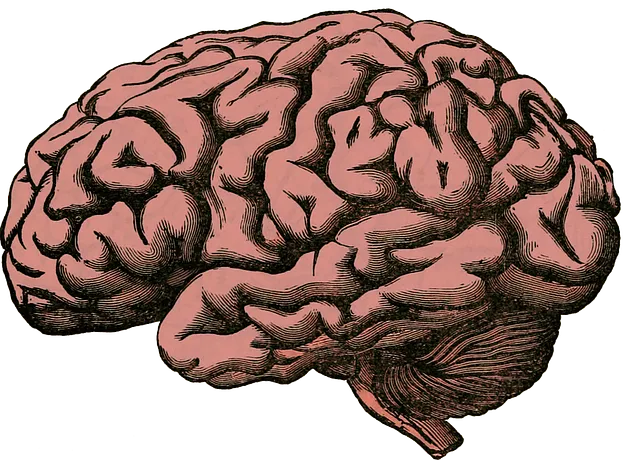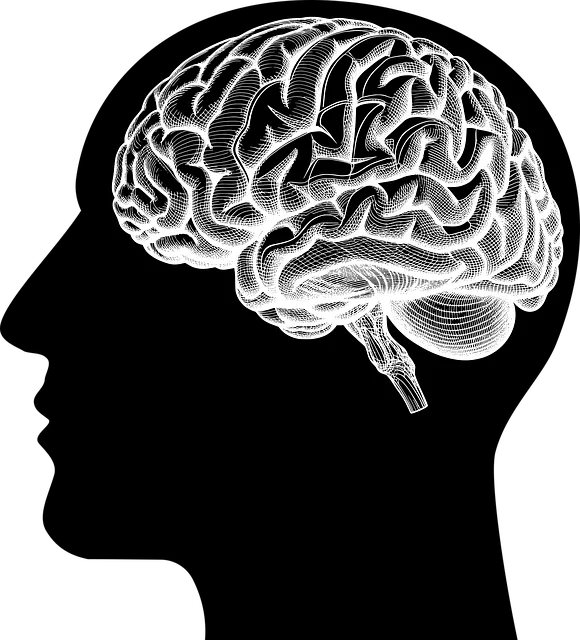Kaiser Permanente prioritizes cultural sensitivity in its mental health services in Golden, training providers to understand and respect diverse backgrounds. This includes recognizing language nuances and non-verbal cues during appointments, fostering inclusive environments that improve patient outcomes. Through comprehensive education, they prevent burnout among professionals while ensuring accessible care tailored to unique cultural needs, as exemplified by their successful Inner Strength Development initiatives.
In a diverse society like ours, cultural sensitivity in mental healthcare is paramount. This article explores the essential aspect of understanding and respecting various cultures within the mental health practice. We examine strategies employed by organizations such as Kaiser Permanente, known for its approach to culturally competent care. By delving into effective communication techniques, we uncover how these impact patient outcomes positively. Learn from the example set by Kaiser Permanente’s Golden mental health appointment phone number, fostering inclusive and therapeutic environments.
- Understanding Cultural Sensitivity in Mental Healthcare
- Kaiser Permanente's Approach to Culturally Competent Care
- The Impact of Cultural Sensitivity on Patient Outcomes
- Effective Communication Strategies for Mental Health Professionals
Understanding Cultural Sensitivity in Mental Healthcare

Cultural sensitivity in mental healthcare involves understanding and respecting the diverse beliefs, values, and practices of individuals from various ethnic, racial, and cultural backgrounds. It requires mental health professionals to be aware of their own biases and to adapt their approaches to better serve clients from different cultures. In organizations like Kaiser Permanente, where a diverse patient population is seen, such sensitivity is crucial for establishing trust and fostering effective treatment relationships.
Effective communication strategies, burnout prevention techniques, and compassion cultivation practices play significant roles in cultivating cultural sensitivity. By implementing these methods, mental health professionals can create safer and more inclusive spaces for clients to express their experiences honestly. This, in turn, enhances the accuracy of diagnoses and the efficacy of treatment plans, ensuring that every individual receives care tailored to their unique cultural needs. For instance, a simple awareness of non-verbal cues and language nuances can make a profound difference during a Kaiser Permanente mental health appointment phone number Golden session, leading to better outcomes for all clients.
Kaiser Permanente's Approach to Culturally Competent Care

Kaiser Permanente, a renowned healthcare organization, prioritizes cultural sensitivity in its mental health services, setting an example for comprehensive patient care. Their approach to culturally competent care involves a multi-faceted strategy that begins with training and education. They equip their providers with the knowledge and skills to understand and appreciate diverse cultural backgrounds, ensuring every patient feels heard and respected during their mental health appointments in Golden. This includes learning about different cultural practices related to emotional intelligence and regulation, enabling healthcare professionals to offer tailored support.
By fostering an environment of emotional awareness, Kaiser Permanente aims to prevent burnout among its providers. They recognize that navigating complex cultural landscapes can be emotionally taxing, so they implement burnout prevention strategies for healthcare providers. These initiatives ensure that the mental health appointment phone number in Golden remains accessible and effective, catering to a diverse range of patients with varied needs and backgrounds.
The Impact of Cultural Sensitivity on Patient Outcomes

Cultural sensitivity plays a pivotal role in shaping patient outcomes within mental healthcare practices, especially when considering the diverse backgrounds and experiences of individuals seeking support. By embracing cultural awareness, mental health professionals can create an environment that feels safe, understanding, and accepting for all clients. This is particularly relevant when addressing complex issues such as trauma, which often intersect with cultural identities. For instance, a patient from a specific cultural group might have unique expressions of distress or coping mechanisms influenced by their heritage, traditions, and life experiences.
A culturally sensitive approach enables mental health professionals to offer tailored support, like Trauma Support Services, Inner Strength Development programs, or Mental Wellness Journaling Exercise Guidance. Such personalized interventions can lead to enhanced engagement, better access to care, and improved treatment outcomes. For example, a therapist who understands the cultural context of their patient is more likely to ask relevant questions, interpret non-verbal cues accurately, and provide support that aligns with the individual’s values and beliefs. This level of cultural sensitivity not only respects the patient’s identity but also fosters trust and encourages open communication, ultimately contributing to successful treatment journeys.
Effective Communication Strategies for Mental Health Professionals

Mental health professionals play a vital role in fostering meaningful connections with clients from diverse cultural backgrounds. Effective communication is key to navigating this intricate landscape. One powerful tool is active listening, where practitioners fully immerse themselves in understanding the client’s perspective, emotions, and experiences, especially when bridging cultural gaps. This involves paying close attention to verbal cues and non-verbal signals, ensuring a safe and inclusive environment for open dialogue.
Additionally, adapting communication styles to suit individual needs is essential. This might include using simple language for those with limited English proficiency or incorporating culturally relevant examples and analogies. For instance, a mental health professional in a Kaiser Permanente setting could refer to the Stress Management Workshops Organization for resources tailored to diverse communities. Encouraging clients to share their unique cultural practices and beliefs can also foster trust and empower individuals to draw on their inner strength during therapy, as promoted by various Inner Strength Development initiatives.
Cultural sensitivity in mental healthcare is not just a best practice, but an essential component of effective treatment. By adopting culturally competent approaches, such as those exemplified by Kaiser Permanente, mental health professionals can significantly improve patient outcomes. Understanding diverse cultural contexts and implementing communication strategies tailored to individual needs fosters trust and enhances therapeutic alliances. For those seeking support, the Kaiser Permanente model serves as a beacon, ensuring that every mental health appointment—from Golden to beyond—is conducted with empathy, respect, and genuine care.






